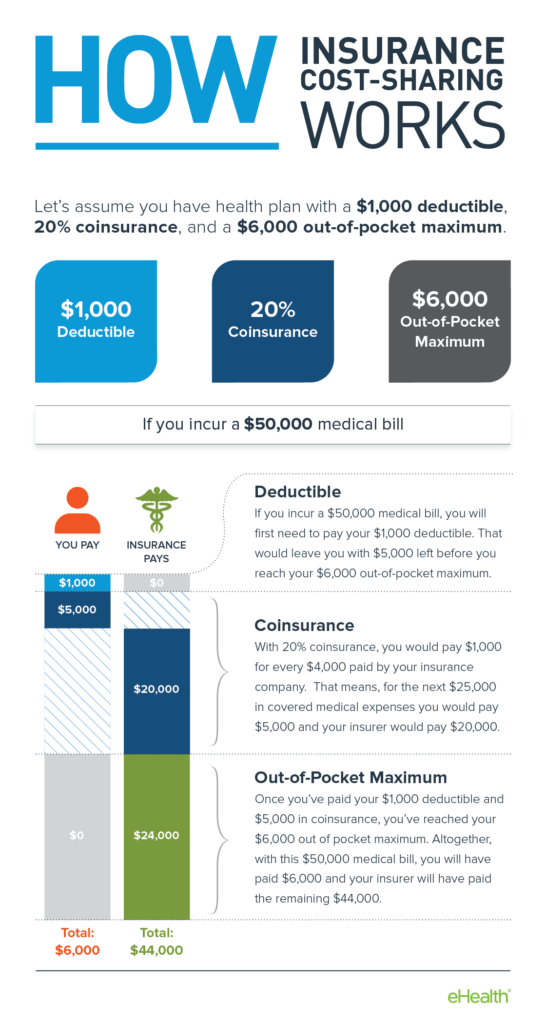The annual copayment maximum is a fixed limit or cap to your total out-of-pocket expense for most covered services in a calendar year or plan year. Most HMSA plans have a specific annual copayment maximum to limit your payments for medical care in a given year. Mac game download free. Java ee eclipse download for mac os x. BH 15 means its a $15 copay when you to a behavior health doctor (psychologist etc) ER 50 means its a $50 copay when you go to the ER, this is usually waived if you are admitted for inpatient care Preventative 0 means you paying nothing out of pocket for preventitive care such as a pap smear, flu shots, vaccines etc.
 According to WHO, almost 70% of the Indians spend a huge chunk of their income on healthcare and medicine expenses. These days it is almost impossible for the middle income and the lower-middle-income group to bear the cost of healthcare expenses on their own. This is why it is necessary for people to get health insurance by paying their respective agreed-upon premiums in order to avail financial assistance in case of an accident or any other medical emergencies. It is important to understand what is copay in health insurance in order to opt for the right policy.
According to WHO, almost 70% of the Indians spend a huge chunk of their income on healthcare and medicine expenses. These days it is almost impossible for the middle income and the lower-middle-income group to bear the cost of healthcare expenses on their own. This is why it is necessary for people to get health insurance by paying their respective agreed-upon premiums in order to avail financial assistance in case of an accident or any other medical emergencies. It is important to understand what is copay in health insurance in order to opt for the right policy. What is Copay in Health Insurance?
Nowadays, there are a lot of fraudulent activities related to health insurance. Insurance companies have come up with the concept of Copay in order to dissuade an insured from committing fraud. Copay meaning is simple to explain. Copay is a concept that is agreed upon while signing the insurance contract. The clause states that the insured will have to bear a part or a percentage of the claim amount out of their own pockets and the rest of the claim will be borne by the insurance company. The copay percentage agreed upon by the insured varies from 10-30%.What is Copay in Health Insurance with example?
Well, now that you know what the concept of the copay is, you might be able to connect with the concept more when you understand what is copay in health insurance with example. For instance, If your insurance policy includes the copay clause of 20 percent and your medical expenses amount to Rs. 15,00,000, you will have to pay Rs. 3,00,000 out of your own pocket and the insurer, i.e., the insurance company will cover the rest of the Rs. 12,00,000.What Does Copay With Deductible Mean
How does Copay work?
There are two types of claims with any health insurance, namely, cashless health insurance claims and reimbursement for the expenses incurred. In case of a cashless payment option, the insurer will directly settle your expenses with the hospital. Whereas, in case of a reimbursement claim, the insurer will reimburse all the expenses that you incurred while you were undergoing treatment at the hospital. Now there are two situations that will occur when you opt for a copay option. If you opt for a higher copay, you will have to pay a lower rate of insurance premium as compared to opting for a lower copay, where you will have to pay more premium against your policy.Why do insurance companies have Copay clauses?
Apart from the main reason, which is to save its expenses during claims, there are a lot of reasons due to which insurance companies have copay clauses.- To discourage people from unnecessarily going to expensive healthcare centers for their treatments. With copay, the insured will be mindful of their spendings as even they will have to bear a portion of the medical expenses that will occur from these treatments.
- To dissuade people from making unnecessary claims, such as, dermatologist’s appointments, cold, gastric treatments, etc. Copay insurance dissuades insured from misusing their insurance policy.
- To prevent fraudulent behavior amongst the insured.
Copay Meaning In Medical Billing
While a lot of companies opt for the copay clause, there are a lot of insurance companies who choose to not add a copay clause in the insurance policy because of various reasons.- Instances, where the insured has to pay a high copayment amount, may dissuade the insured from seeking proper healthcare attention when they need it, which defeats the entire purpose of buying an insurance policy.
- While high copayment allows an insured to pay a low premium, the insured will still end up paying more as copayment towards their medical expenses rather than what they’d be saving on the premiums.
- Why do people opt for copay health insurance?
- Is copayment levied on cashless payment options?

- Are the policies with copay clauses cheaper than the rest?

